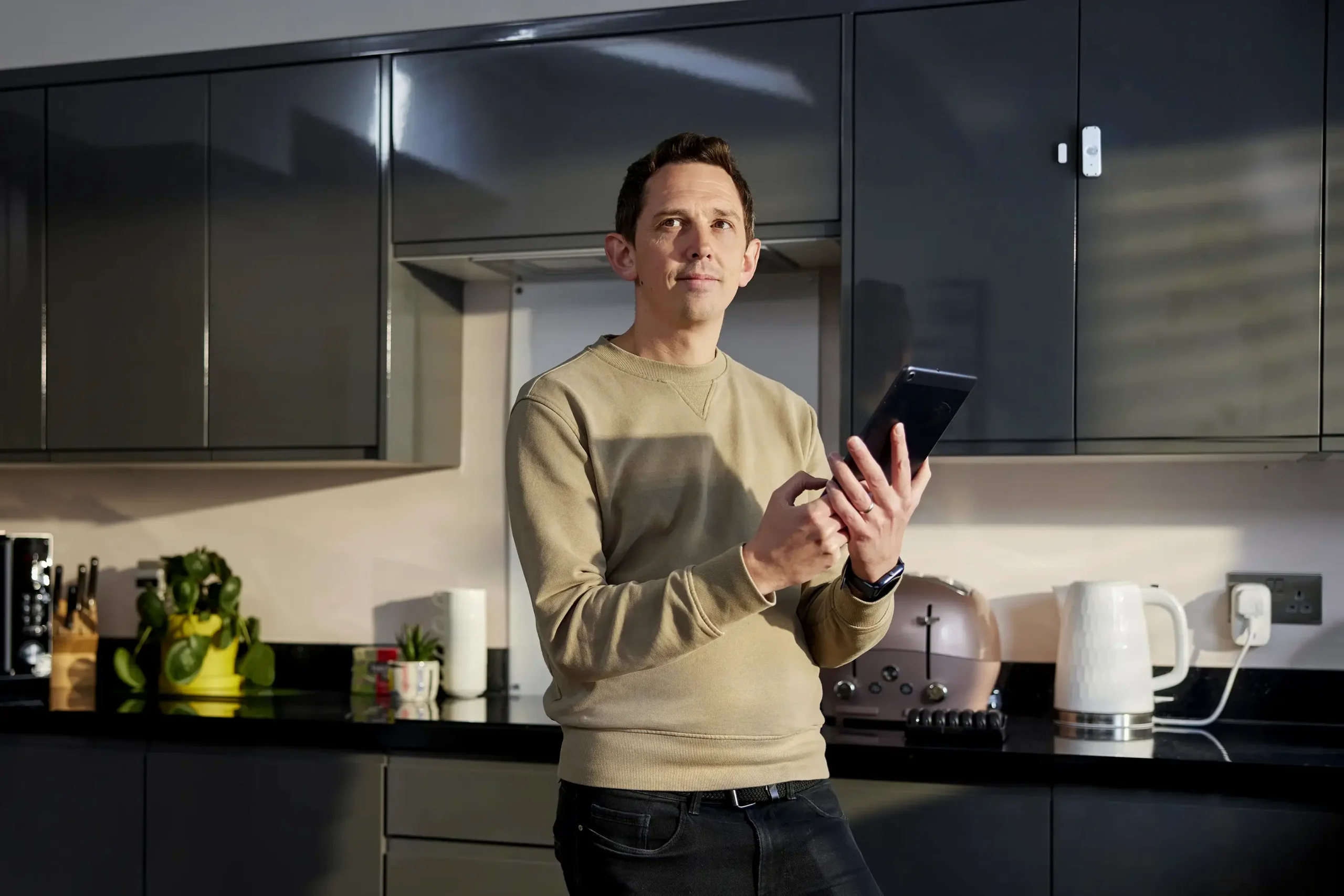How Remote Monitoring Is Helping Families Care from Afar

For many families today, caring for elderly loved ones comes with a unique challenge; distance. Whether it’s 50 miles or 500, the worry remains the same. Is Mum eating properly? Has Dad remembered to take his medication? Is the house warm enough? These daily concerns can weigh heavily on families who want their loved ones to remain independent at home but need reassurance that they’re safe and well.
Remote monitoring technology like Canary Care is changing how families bridge this geographical gap, offering a lifeline that combines independent living with peace of mind. But how exactly is it helping families care from afar, and what makes it different from traditional care approaches?
The Distance Dilemma
Modern life often means families are scattered across the country, pursuing careers, raising children, and building lives in different cities. Modern remote monitoring offers a middle ground. Rather than calling every morning to check if everything’s alright, which can undermine the ability of people to live independently and create unnecessary worry, families can receive automated updates about daily patterns. This gentle, non-intrusive approach maintains connection without constant interruption to routines.
This is where thoughtfully designed technology enabled care product like Canary Care makes all the difference.
Beyond Emergency Response
While emergency alerts are crucial, the everyday benefits of remote monitoring often prove equally valuable. Families report reduced anxiety, knowing they can check their loved one’s activity patterns at any time. This constant, gentle reassurance helps them focus on their own responsibilities, work, children, daily life, without the nagging worry that something might be wrong.
For the person being monitored, there’s comfort in knowing help is never far away, while retaining the freedom and dignity of independent living. They’re not being watched or judged; their patterns are simply being observed to ensure their safety.
Enabling People to Live Independently
Perhaps the most significant impact of remote monitoring is how it extends the period when people can safely live independently at home. With the right technology providing oversight and reassurance, families feel more confident supporting their loved ones to remain in familiar surroundings.
This matters enormously for the quality of life. Research consistently shows that people are happier, healthier, and maintain better cognitive function when they can stay in their own homes. The alternative – residential care – is not only expensive but often unnecessary if appropriate support systems are in place.
Remote monitoring doesn’t replace human care and connection. Phone calls, visits, and face-to-face time remain essential. But it fills the gaps between these interactions with continuous, discreet oversight that helps everyone feel more secure. Rather than anxiously wondering if everything’s alright between visits, families can see at a glance that normal patterns continue.
The Future of Family Caring
As our population ages and families remain geographically dispersed, remote monitoring represents a compassionate solution to a growing challenge. It acknowledges the reality of modern family life while prioritising the dignity and independence of older people.
That simple peace of mind transforms the caring experience, reducing stress and guilt while enabling loved ones to live the independent lives they cherish.
In an ideal world, every family would live close to their elderly relatives. In the real world, technology like remote monitoring like Canary Care, helps us do the next best thing, stay connected, stay informed, and stay ready to help when needed, no matter how many miles separate us.
Want to learn more? Request a demo of Canary Care Connect today.